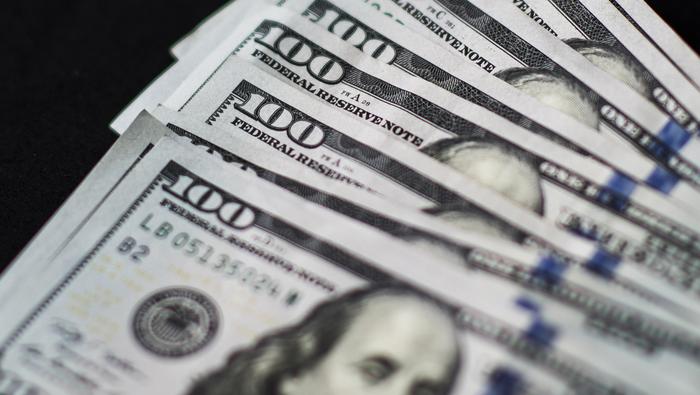Talking Points:
- It wasn't what US President-elect Trump said in his press conference Wednesday, but rather what was not said
- Dollar volatility surged during the event, but a bearish lean sets up Fed speak to for EUR/USD and USD/JPY make-or-break
- BoE Governor Carney lifted his Brexit risk assessment and thereby the Pound, Bitcoin tumbles as China threatens to crackdown
See the DailyFX Analysts' 1Q forecasts for the Dollar, Euro, Pound, Equities and Gold in the DailyFX Trading Guides page.
The joint rally between the US Dollar and general risk trends (paced by benchmarks like the S&P 500) has found another crack in its complacency-smoothed veneer. This past session, the ICE Dollar Index (DXY) suffered an extreme spasm of volatility intraday around US President-elect Donald Trump's first press conference since winning the election. What was remarkable from this speech was not the items covered. Rather, what investors noticed was the lack of clarity on those themes that matter most to markets and the exchange rate. While there were references to Russia and Mexico (both countries and currencies have been in the crosshairs), there were no details on the fiscal stimulus and tax cut proposals so prominent on the campaign trail or certainty on general trade policy.
The Dollar's charge over the fourth quarter has found two significant footholds: quickly rising Fed rate speculation and the FX equivalent of schadenfreude that results from the US following a path towards protectionism. While Trump did mention a boarder tax, the scope of the foreign tax was attached to US companies that moved abroad. That takes some of the wind out of the sales that a withdrawn US would see capital repatriation for short-term gains. The more stable pillar of the Greenback's move has been the market's warming to a hawkish Fed bearing. Without fiscal stimulus and trade barriers bolstering growth and inflation respectively, the pressure for the FOMC to step on the gas eases. Though the Dollar slipped this past session, it hasn't marked breaks outside of USD/CAD (which thereby should be eyed with skepticism). If the import inflation figures and Fed speak due Thursday add to the weight, we may find a shove to more significant moves.
With the ICE Dollar Index facing the past month's support, a technical break add fuel to a fundamental ignition. This translates into interesting technical levels like 1.0625 for EUR/USD, 1.0100 for USD/CHF and momentum to the already-remarkable progress USD/JPY has made since breaking 116. If this last pair is to make a convincing move, deeper sentiment channels should be tapped. As it stands, the S&P 500 and other favorite metrics for 'risk trends' have not shown the same wavering that the benchmark currency has. Meanwhile, the Euro will look to the minutes from the ECB's last monetary policy meeting for specifics on a bold expansion of stimulus and the Pound is weighing how much confidence will be distilled from BoE Governor Carney's assessment that Brexit risks were less severe than previously anticipated. And, special mention should be made for Bitcoin - the popular cryptocurrency - as a review from Chinese officials looks like a possible crackdown on a capital leak. We discuss all this and more in today's Trading Video.
To receive John’s analysis directly via email, please SIGN UP HERE






